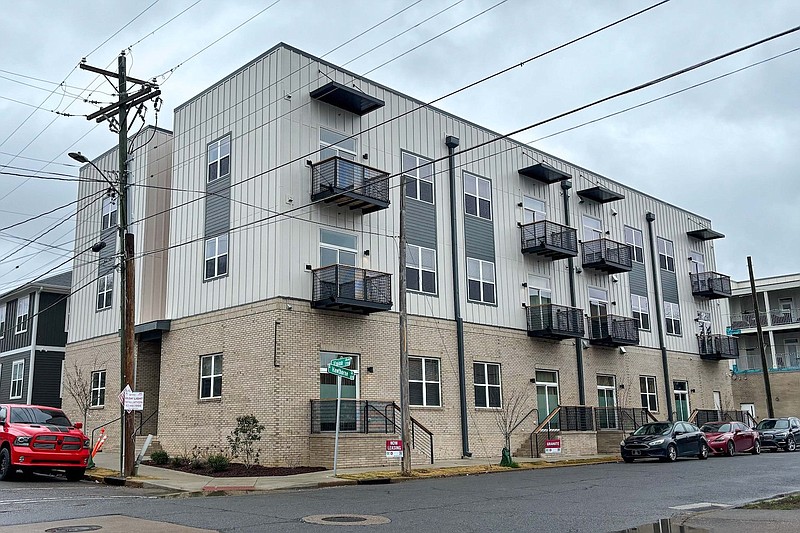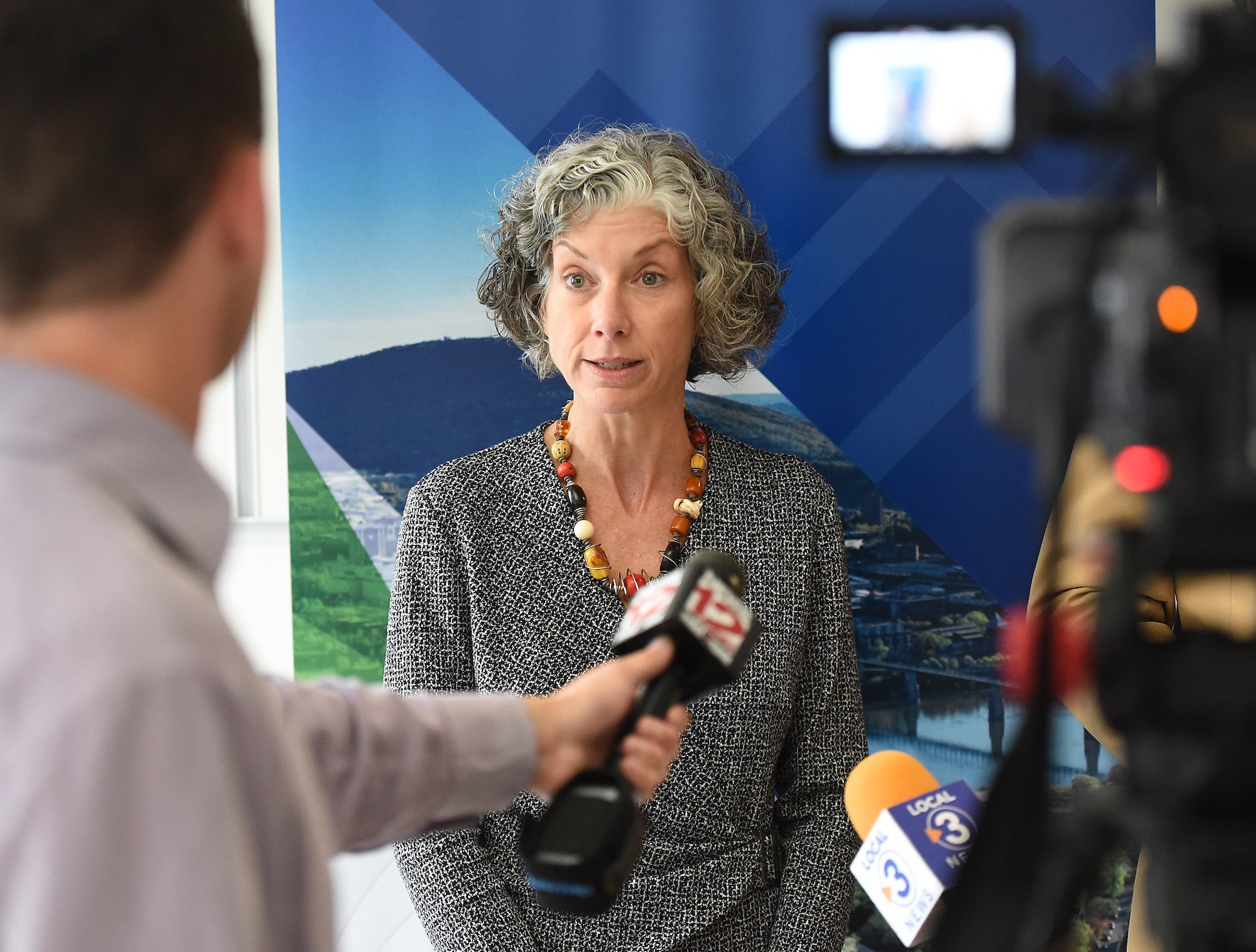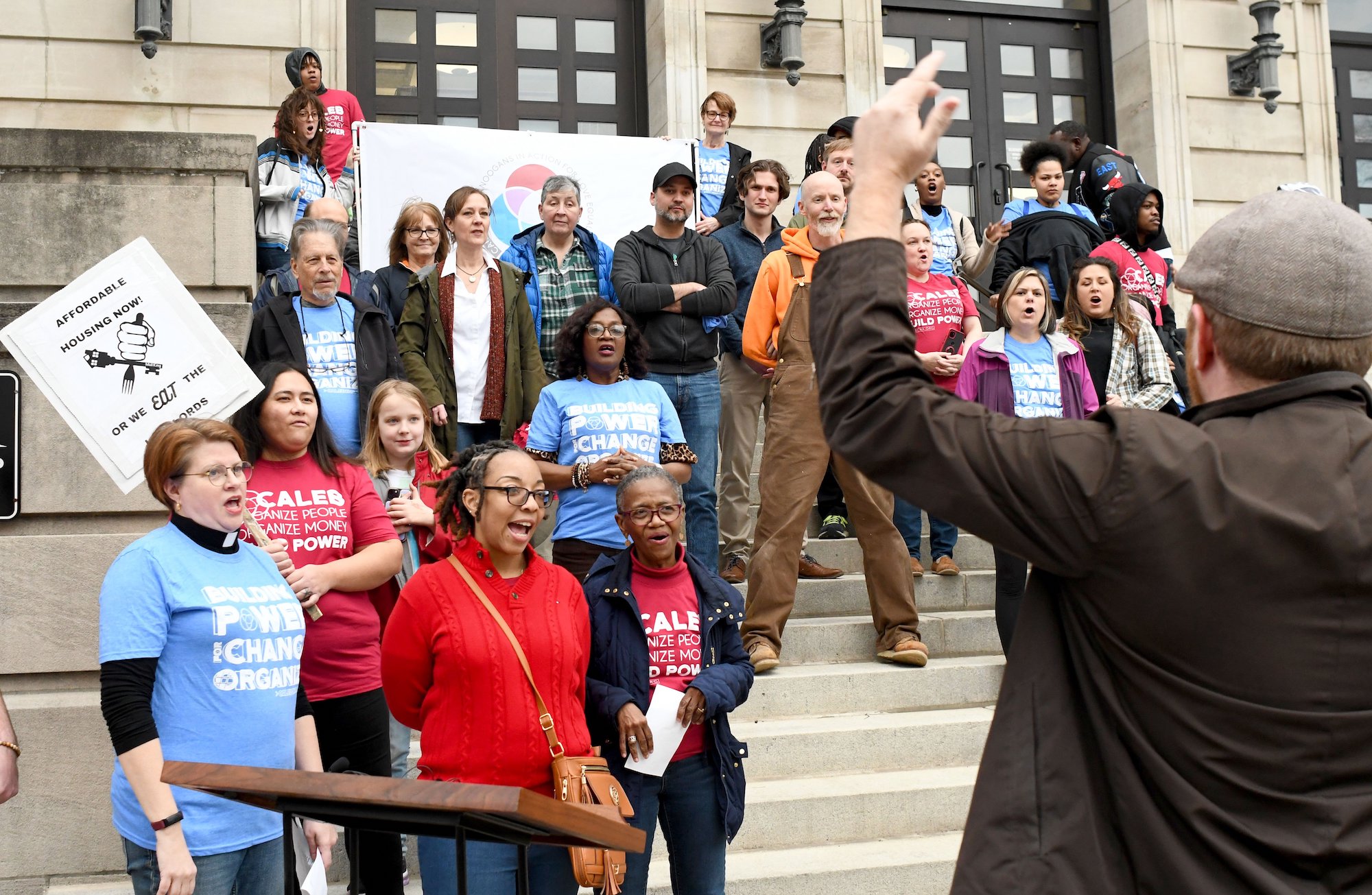One of the tools Chattanooga officials use to encourage developers to build affordable housing may have broken down.
"Our current policy doesn't work especially well for anyone, neither the city, taxpayers nor private developers," Chattanooga City Council Vice Chair Jenny Hill, of North Chattanooga, said in a phone call. "It's a pretty inflexible program."
As is, housing developers in Chattanooga can receive a tax break from the city if they ensure at least half the units in a project are affordable for people making at most 80% of the area median income, which city officials estimate is nearly $51,000. Additionally, the total value of construction must be $5 million.
(READ MORE: Chattanoogans call for city action on affordable housing crisis)
"It's really hard to make that work," Chief Housing Officer Nicole Heyman said in a phone call, which means few developers take advantage of it.
The incentive reduces the property taxes developers must pay on a new project for a period of time in exchange for them meeting those specific conditions.
Hoping to forgo the one-size-fits-all approach, the mayor's office is now proposing a new system under which tax breaks would be directly tied to the number of affordable units developers include in their projects. The Chattanooga City Council is set to vote on the changes in the coming weeks and heard a presentation of the plan Tuesday.
Rather than requiring developers to meet strict prerequisites, the city would allow builders to receive a tax break based on the individual number of affordable units they want to include in a housing development. There would need to be at least 10 units in the building for it to qualify.
The city would relieve at most $2 million in taxes per year across all projects. Additionally, property owners would be required to submit rents and income verification to the city annually, and Chattanooga would be able to conduct interior inspections of those units with violations resulting in a $5,000 fine per noncompliant apartment.
Heyman told the council the existing program benefits developers who specialize in affordable housing, but it isn't strong enough to encourage market-rate builders to construct housing meant for child care workers, waiters or hairdressers. In Tennessee, city governments cannot legally require developers to include mixed-income housing in their projects.
Under the new plan, developers would have the flexibility to receive tax breaks even if they offer a handful of apartments at rents affordable to people making less than 80% of the area median income. According to the city, 44% of Chattanooga households and 56% of renters earn less than $51,000.
Hill, who leads the City Council's affordable housing committee, said she has sent numerous developers directly to the chief housing officer to discuss the possibility of creating affordable homes in her district, but as is, the math doesn't make it financially feasible for many builders to pursue those projects.
(READ MORE: Chattanooga churches answer the call: Affordable housing initiatives in action)
"I have child care workers, teachers, hospitality workers, artists, musicians, health care workers that are getting priced out of their housing," Hill said.
The council vice chair said those individuals are the heartbeat of her district, "so we need units that people can afford to rent and still have health insurance and groceries and child care."
"Right now, the numbers just don't pencil out," Hill said. "A for-profit developer cannot lose money on a project -- the bank won't write the loan."
This proposal is part of a broader push by Mayor Tim Kelly's office to come up with a stronger set of tools to boost affordable housing, which has included lobbying for a state bill that would allow the municipalities to offer density bonuses to developers.
Additionally, city officials have talked about using excess sales tax revenue generated through the revitalization of the South Broad District to fund affordable housing projects. Kelly's chief of staff, Jermaine Freeman, said in an interview that money could, for example, flow into a dedicated affordable housing fund or support an existing down payment assistance program for first-time homebuyers.
"It could go into whatever affordable housing initiative our staff feels like it should go into," he said.
Contact David Floyd at dfloyd@timesfreepress.com or 423-757-6249.


